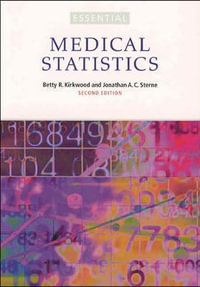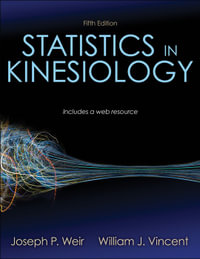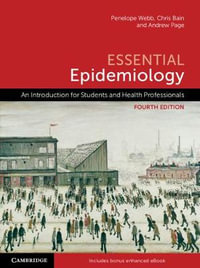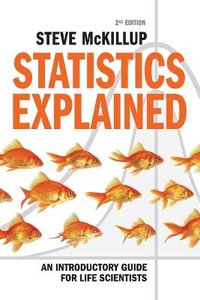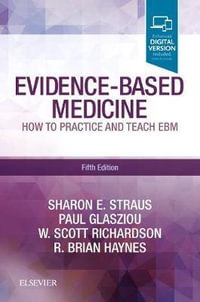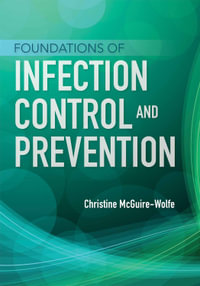Across the last forty years, epidemiology has developed into a vibrant scientific discipline that brings together the social and biological sciences, incorporating everything from statistics to the philosophy of science in its aim to study and track the distribution and determinants of health events. A now-classic text, the second edition of this essential introduction to epidemiology presents the core concepts in a unified approach that aims to cut through the fog and elucidate the fundamental concepts. Rather than focusing on formulas or dogma, the book presents basic epidemiologic principles and concepts in a coherent and straightforward exposition. By emphasizing a unifying set of ideas, students will develop a strong foundation for understanding the principles of epidemiologic research.
Industry Reviews
"This is an excellent introduction to the principles and concepts of epidemiology. In a little over 200 pages Rothman covers all the essential topics for an introductory graduate level course in epidemiology." --European Journal of Public Health
"Epidemiology: An Introduction is a superb addition to other publications that have appeared in the past decade. The author has achieved the stated goal of providing a coherent overview of epidemiologic principles and concepts."--American Journal of Epidemiology
"Kenneth Rothman has taken the time to write a short and excellent introductory epidemiology textbook....Frequently introductory texts strive for brevity through superficiality of coverage. Rothman chose a different approach: selectivity of subject matter. As a result, Epidemiology: An Introduction provides an exceptionally lucid overview of analytic epidemiology.... The mix of text, graphics, tables, and sidebars that is used throughout the book
proves very useful in explicating important concepts such as confounding, interaction, study design, and biases, which may be challenging to the student in an introductory course.... The clarity of expression in
this book should be an inspiration to other authors and teachers of epidemiology."--The Epidemiology Monitor
"This text is ideal for beginners in epidemiological statistics to learn the terminology and understand how and when to use statistical tools. The text focuses on concepts, not on mathematics, and discusses statistical techniques in the context of the real problems they can solve. This text bridges the gap between what is taught in an introductory statistics text and what you need to be an effective researcher and analyst." -- STATA
"In summary, this book is a brilliant introductory book to learn concepts of epidemiology. In contrast to the many available introductory books (several of them written in a naive way), this book does not trivialize these concepts. It perfectly prepares the reader for the reference book of epidemiologic methods entitled "Modern Epidemiology" by Rothman et al... I am not aware of any other introductory book of epidemiology that presents these many epidemiologic
concepts. It is a perfect--although demanding--reader for an introductory course of epidemiology in master programs of epidemiology, public health, and at medical schools." -- European Journal of
Epidemiology
"Students and scholars who pursue epidemiology as a career should find this book a useful addition to their library. It does not present different basic concepts and methods than other introductory books do, but it does provide insights into how they developed and should be interpreted. This is a worthwhile new edition." -- Doody's



